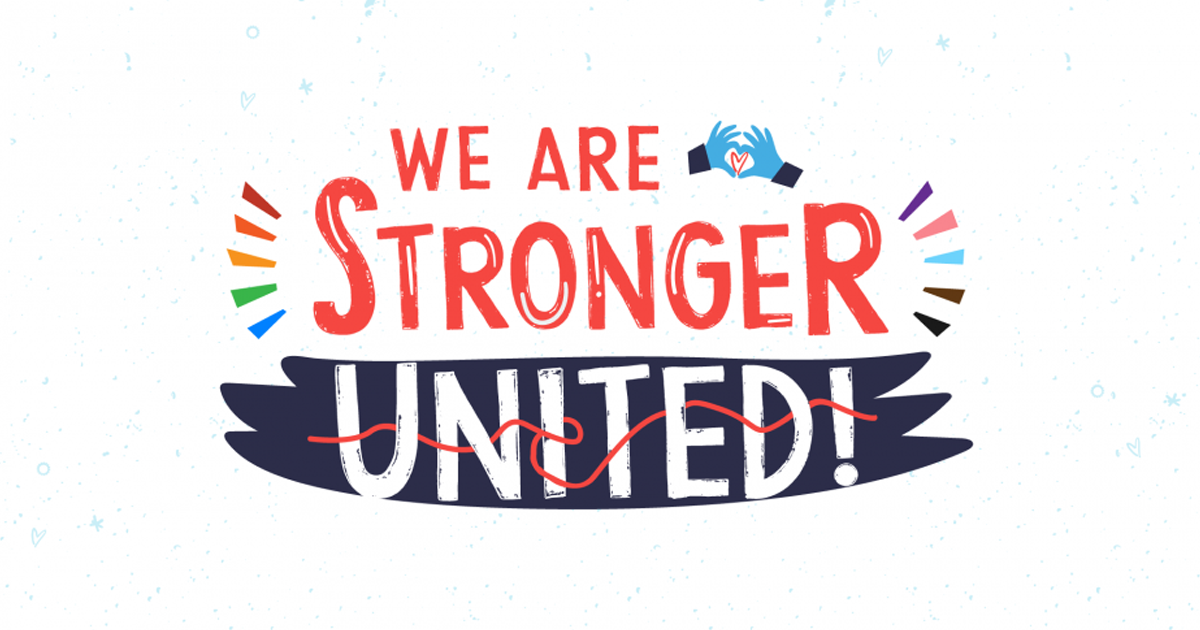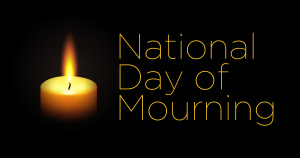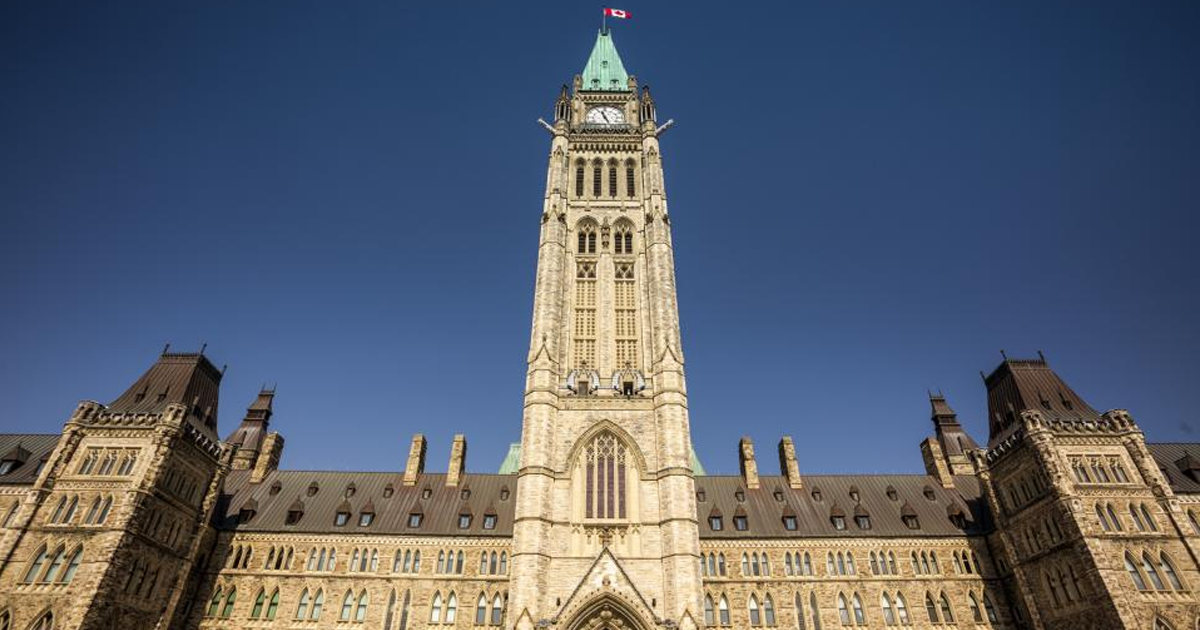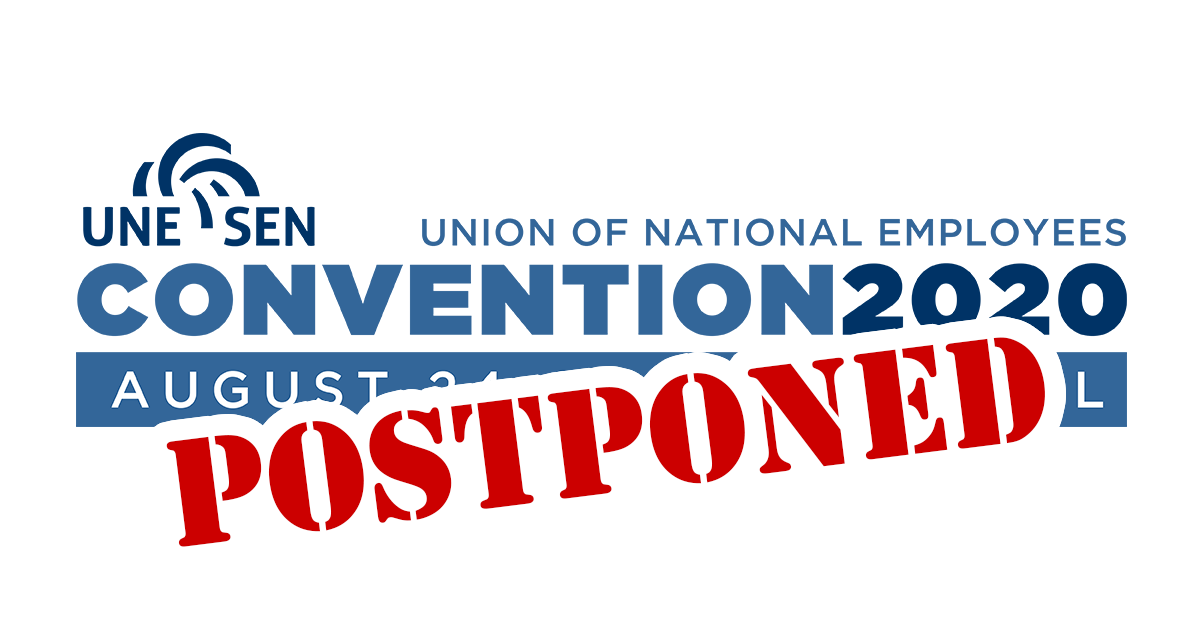
PSAC is working hard to make sure the federal government takes every necessary precaution to ensure that the return to federal offices and workspaces across the country is safe for employees, their families, and the general public.
PSAC insists that the health, safety, wellness, and privacy rights of public service workers must be at the centre of the return to workplace plan and that it reflect the fact that, until a COVID-19 vaccine is created, the virus poses an ongoing threat to the physical and mental health of workers.
PSAC also takes the position that:
- All return-to-workplace provisions must be in line with collective agreements and legal obligations.
- Since specific equity groups have been disproportionately impacted by COVID-19, the plan must be created with a strong equity and human rights lens.
- The overall plan and any specific measure must adhere to direction from public health authorities and assessments from professional experts in order to contain the spread of the coronavirus.
Additionally, PSAC is urging the following measures:
Conditions for returning to the workplace
- Provide clear guidelines for determining who will be selected to return to workspaces and who will continue to work from home. Decisions should not be left to the discretion of management to avoid discrimination.
- Provide employees who are returning to the workplace with a reasonable notice period of at least two weeks to allow them to manage the transition and to do so gradually.
- Allow workers living with an immunocompromised individual to continue to work remotely to minimize exposure within their household until a vaccine becomes available.
- Continue our members’ access to “Other Leave with Pay” (699) to accommodate various circumstances including, but not limited to, child care responsibilities that are related to COVID-19, including if parents are unable to or choose not to send their children back to school or daycare.
- Acknowledge that productivity will be negatively affected by the pandemic and that employees’ performance evaluations should not consequently be negatively affected.
- Allow for genuine consultation and negotiation with bargaining agents on any reorganization of work. Especially in the event that changes would trigger Work Force Adjustment obligations.
Public transit and shared spaces
- Consider how returning to offices or workspaces increases a worker’s risk of exposure to the virus as it may require them to drop children off at school or childcare, ride a bus or train, use a public washroom or ride an elevator.
- Include a strategy to ensure workers can remain at a 2-metre physical distance from others, including in shared spaces, but still have access to necessities such as washrooms, elevators, microwaves and fridges.
- Address how an employer will proceed when 2-metre physical distancing is not possible in elevators, entrance ways, stairwells, washrooms, and routes to and from public transit.
- Consider the impact on workers who cannot take public transit because of risk of exposure, and therefore support accommodations like additional or reduced-price parking available for those who can drive to the work site.
- Ensure that employers implement health and safety strategies such as staggered scheduling, controlling or restricting access to common spaces, more frequent cleaning/disinfecting of the workplace, preparing and training for emergency situations, as well as training and communication on COVID-related health and safety procedures and the use of personal protective equipment (PPE).
General health & safety, sanitation and workers’ needs
- Provide a robust sanitation plan and risk assessment of federal government workspaces.
- Include a plan to track cases of COVID-19 in the public service, including procedures that must be followed after a worker tests positive.
- Address Personal Protective Equipment (PPE) needs and align these needs with the recommendations of provincial and territorial health agencies who have called for the use of masks and gloves, especially when physical distancing is not possible.
- Outline support for teleworkers in terms of ergonomic support, mental health, and appropriate working equipment.
- Provide managers and Occupational Health & Safety Committees with additional situation-specific training to deal with the range of mental health problems that are likely to result, or have already, due to COVID-19.
- Provide sufficient medical research and an assessment by a technical professional to determine how ventilation systems can contribute to virus transmission.
- Include a plan to ensure all sanitation and ventilation systems are in ongoing compliance with the Canada Occupational Health and Safety Regulations (COHSR).
- Consider slowing the pace of the conversion to Activity-Based Working. All work arrangements should be considered and evaluated in the context of COVID-19.
Child care
- Provide clear guidelines on how to accommodate employees who may have to continue to provide childcare while also working due to COVID-19.
- Allow parents to use “Other Leave with Pay” (699) to fulfill childcare needs related to COVID-19, including if some parents may be forced to keep their children home despite some schools and childcare facilities re-opening.
- Include plans to negotiate with PSAC at the bargaining table so that its childcare proposal can be implemented as part of collective agreements.
Domestic and family violence
- Provide an outline for the steps that will be taken to ensure employees are supported and feel protected from violence at home; whether they return to the workplace or continue to work from home.
- Include a plan to finalize an agreement with PSAC on domestic violence leave.
Employment equity and human rights
- Include a management approach that recognizes the disproportionate impact of COVID-19 on specific groups, such as people with disabilities, women, racialized and Indigenous people.
- Incorporate guidelines that will ensure that human rights, privacy rights and employment equity obligations are being met by the employer.
- Include plans to consult with the NJC Joint Employment Equity Committee and departmental employment equity committees on changes to any practices, processes and policies that can potentially effect workers (telework, technological changes, workspaces, etc.) due to the disproportionate impact of COVID-19 on equity groups.
Privacy
- Stipulate that any disaggregated information (age, gender, race etc.) collected that may be relevant for collective bargaining will be provided to PSAC so that we can determine any disproportionate impact of COVID-19 on our members.
- Ensure that any health or employment data collected by an employer observes privacy obligations and is stored in a secure manner.
PSAC is demanding that the government continue meaningful consultation with federal unions throughout the development and implementation of a return-to-workplace plan.
Until an acceptable overall plan is developed, PSAC strongly recommends that our members continue to work from home where possible.
We will provide further updates on the development of a plan as more information becomes available.
Source: http://psacunion.ca/what-successful-return-workplace-plan-looks

 lived realities of the LGBTQ2+ communities matter!
lived realities of the LGBTQ2+ communities matter!






 Statement from PSAC National President Chris Aylward:
Statement from PSAC National President Chris Aylward: 